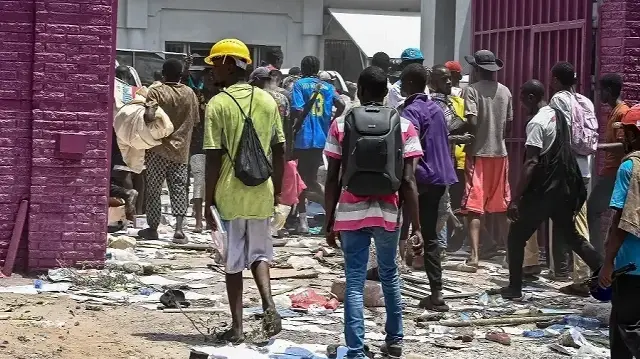EU, UN agencies launch $11.5 million self-reliance project for Rwanda refugees

The European Union, UNHCR, and World Food Programme have formalized a three-year partnership to help refugees in Rwanda achieve economic self-reliance. The €10 million project will assist 4,000 families through cash payments, vocational training, and support for small businesses, aligning with Rwanda's goal to transition half of refugee households from aid dependency by 2030.
The European Union has joined forces with two United Nations agencies to launch a major initiative aimed at helping refugees in Rwanda transition from humanitarian assistance to economic self-sufficiency. The three-year partnership between the EU, UNHCR, and the World Food Programme (WFP) will deploy €10 million ($11.5 million) to support both refugee and host community families in achieving greater financial independence.
Comprehensive Support for Thousands of Families
The newly signed agreement will provide comprehensive assistance to 3,200 refugee families and 800 host community families across five refugee camps in Rwanda. The intervention strategy includes multiple approaches: delivering physical toolkits for trades, providing targeted cash payments, and offering tailored training in entrepreneurship and climate-smart agricultural techniques. The project will also strengthen village savings and loans associations to create sustainable financial infrastructure within these communities.
Aligning with National Development Goals
Martin Seychell, deputy director-general at the European Commission's Directorate-General for International Partnerships, described the initiative as a concrete demonstration of the EU's support for Rwanda's national ambitions regarding refugee integration. "This new initiative further strengthens our longstanding engagement in the Great Lakes region and reflects our broader commitment to the humanitarian–development–peace nexus," Seychell stated. The project is designed to embed refugee support within Rwanda's broader development plans rather than maintaining separate humanitarian programs.
A Model for Durable Solutions
With Rwanda currently hosting over 136,000 refugees, primarily from the Democratic Republic of Congo and Burundi, the project aims to create a replicable model for durable solutions to protracted refugee situations. Ritu Shroff, the UNHCR Representative in Rwanda, emphasized that the program "reaffirmed something fundamental: that refugees and host communities alike deserve the opportunity to live dignified, productive and independent lives." The initiative supports Rwanda's national goal of helping 50% of refugee households transition from dependence on humanitarian assistance to sustainable livelihoods by 2030.
Advertisement







Comments you share on our site are a valuable resource for other users. Please be respectful of different opinions and other users. Avoid using rude, aggressive, derogatory, or discriminatory language.